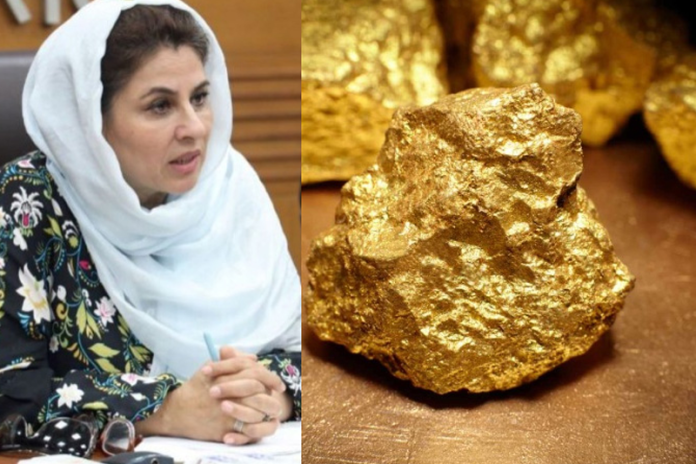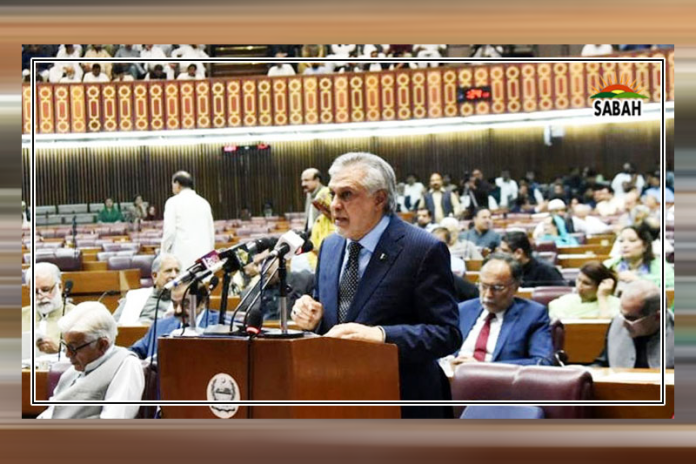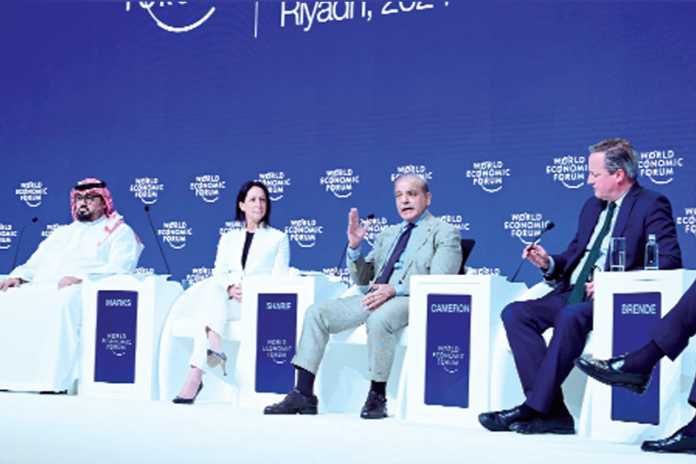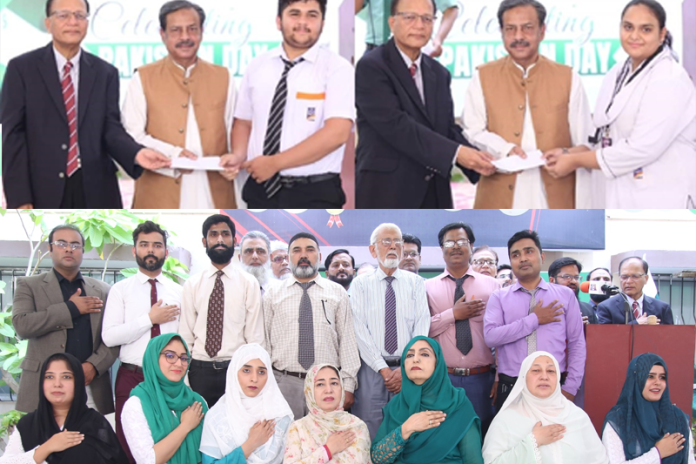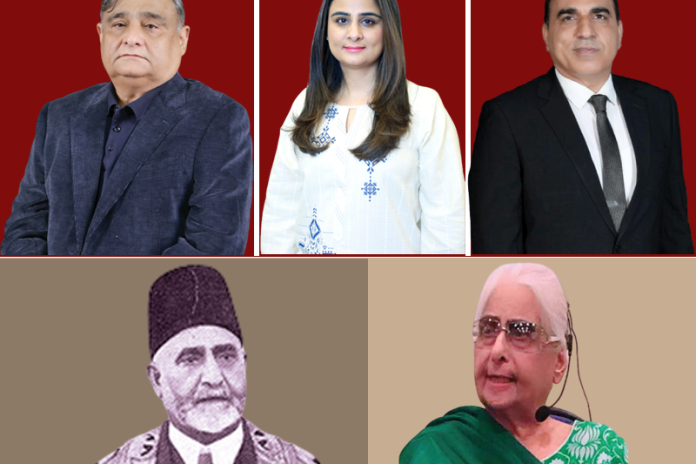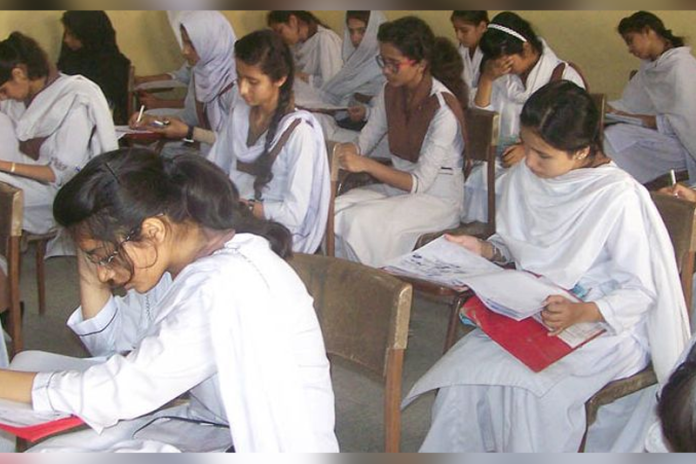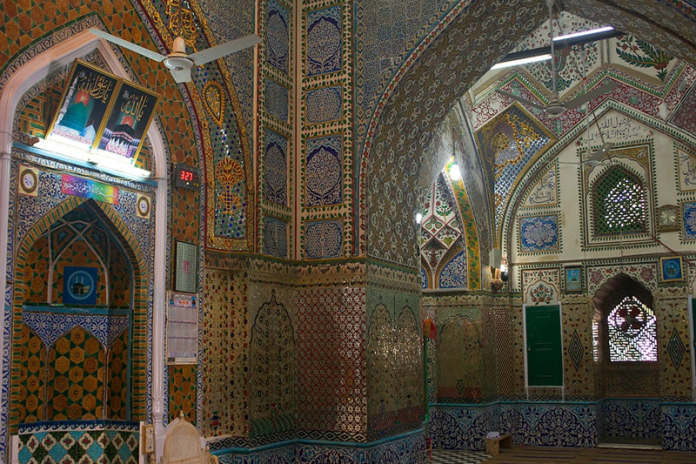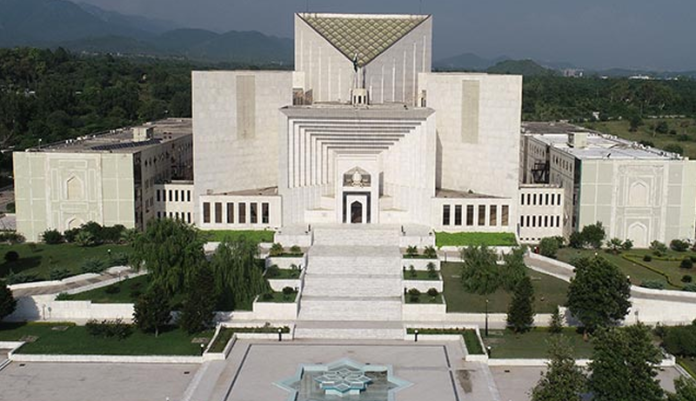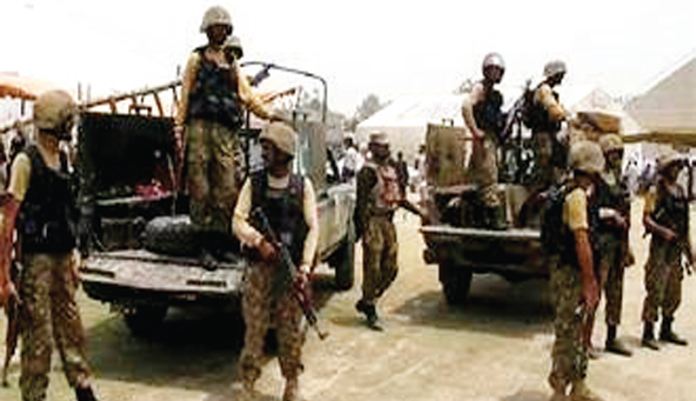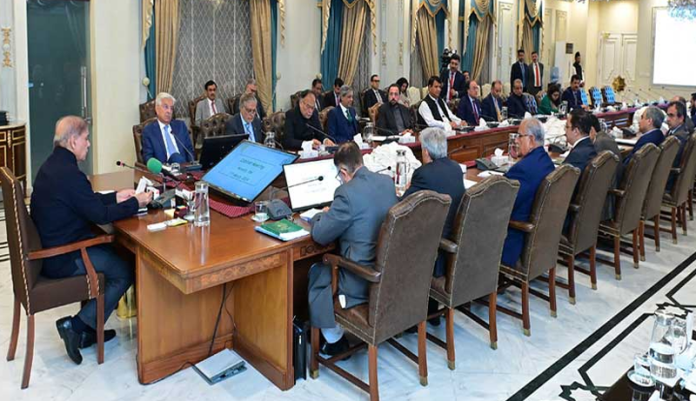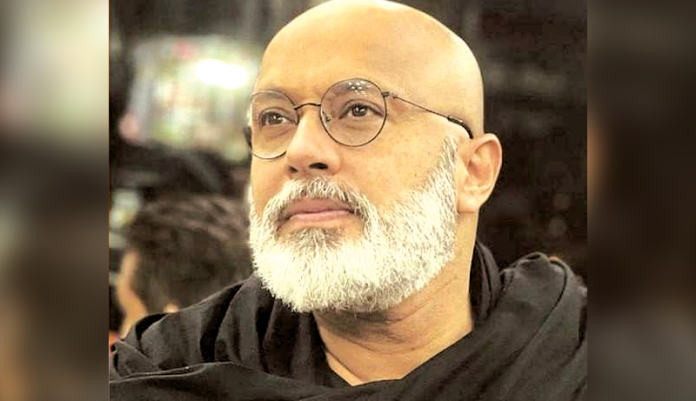Actual demonstrative governance necessity for honour of Pakistan
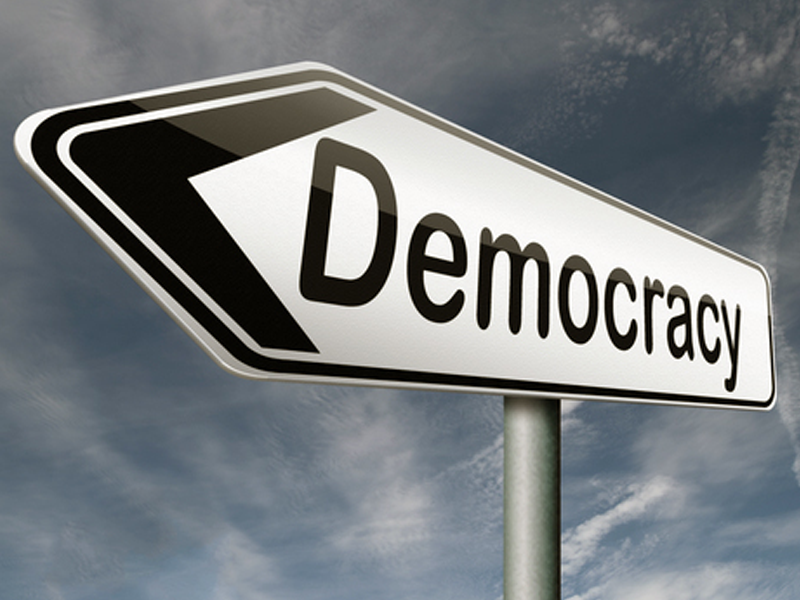
- 173
- 0
Pakistan a great country that luckily we were blessed with has been almost reduced to banana state. No external power should be blamed, it is for our own reckless behaviour that has done it so. Lust of power, greed, self-interests above national interests have been cause of ailments country and nation is suffering from.
Those societies flourish where collective wisdom is practiced upon. Wisdom of on or few individuals, much wise talented and sincere they may be, sets country into regression. Democracy is a system where, policy making and governance emanates with participation of an entire nation, by elected representatives nation rule.
Results of such a system are seen positive where this democratic system is in practice around world. Quaid-e-Azam , a firm believer in democracy had categorically declared democracy as political system for Pakistan .Quaid was well aware that a country , multi-cultural, multi-ethnicity and multi-linguist, can only be run by democratic parliamentary system as it is system run by direct participation of people. How blatantly we have violated his advices and his guiding principles. “Do not forget Armed Forces are servants of people, you do not make national policy, it is we, civilians who decide these issue and it is your duty to carry out these tasks with which you are entrusted.”,
Qauid said while addressing at Staff College. He very explicitly had demarcated domains of institutions. Alas disobeying his directions has put Pakistan in shambles. Quaid firmly believed that Islam taught us about values of democracy such as equality, justice and tolerance. He had stated that,” Democracy is in blood of Musalman’s who look upon complete equality of manhood and believe in fraternity and liberty. “He emphasised, this belief in his last address to Legislative Assembly, that parliamentary democracy will be corner stone of political system in Pakistan. Quaid being farsighted and visionary knew very well that a country with multiple ethnicity, cultures and languages can progresses steadily only on path of democracy that was his rational belief and advice to nation. He had emphatically impressed upon and reminded again and again that all institutions are duty bound to obey and serve orders of civilian government as it is representative of public who are masters to decide how the affairs of country will be run and by whom.
Right to elect and reject government and policy making lies with people in all civilised world. They exercise this authority through their elected representatives. Societies around world that we see industrialised, disciplined, free and thriving are those where authority of public has been accepted above all. Denial of authority to people of Pakistan has brought us present at wretched conditions. Unfortunately Pakistan inherited institutional imbalance at time of independence. Bureaucracy, Army and intelligence services was more organised and developed than political and democratic institutions. Soon after independence instead of strengthening of democratic norms and organising of political parties we witnessed political instability and degeneration setting in. Muslim League that had led independence movement when entered national politics showed lack of sufficient party organisation and capacity to play role of a political party needed for nation building. In fact Muslim League in India was not a political party in traditional and technical sense as it focused only on rights and future of Muslims. All other political parties that were formed after independence were in similar situation lacking experience of party organisation and internal politics.
It takes time for parties to develop and transfer political consciousness to people in general and to develop democratic norms. Unfortunately parties were not given chance to develop by bureaucracy and establishment from beginning. Very logically in beginning parties had to face internal strife for personal power ambitions that give way to disharmony, conflicts, intolerance and lack of direction. Having gone through this phase things start to settle with passage of time on trial and error basis. Bureaucracy and establishment used these predicaments for their political and power grabbing ambitions. When Pakistan came into being it was faced with enormous challenges. With not adequate administrative machinery, shortage of finances support of bureaucracy and establishment was needed. This factor also augmented their greed of power. At that crucial time freedom fighter, Right Hand of Quaid, first Prime Minister Liaquat Ali Khan was assassinated, it was rightly said that it was in fact assassination of democracy.
Then Liaquat Ali Khan was only stalwart to keep things in control and order. After him there was no strong leadership left. Such a predicament accentuated institutional imbalance and was to disadvantage of civilian leadership. Emboldened by situation ambitious elements in bureaucracy and establishment started manipulating against political leadership to enhance their role in policy making and dominating politicians. Then afterwards we witnessed first bureaucracy grabbing power and after some more time establishment took control of bureaucracy and political leadership and four Martial Laws were imposed one by other. Establishment ruled country directly for about 34 years and from behind scene remainder. Non- democratic rule brought many catastrophic incidents that almost deviated Pakistan from path and goal it was created for. Role and grip of political parties suffered badly due to periodic restrictions on political activities, infrequent elections, painting politicians black and repeated assumption of power by establishment developed a mindset of authority and self-created guardianship which wanted to shape Pakistani polity in accordance with its whims and fancy. Such a mindset caused irreparable damages to Pakistan geographically, socially and economically.
A multi-ethnic, multi-cultural and multi-lingual country, as is Pakistan, desperately needs real democratic norms, representative political system; denial of which undermined required inter-provincial harmony factor for steady political and economic growth and sustainability of democratic institutions. In general inter-provincial disharmony and resentments have increased. Sectarianism, extremism has assumed fanaticism. Dictatorship, mockery of democracy as sham democratic claims, in form of a uniformed unconstitutional president has turned country topsy turvey and putting national interests in jeopardy. Such self-conceited mindset has debased democracy and resultantly has caused catastrophes to country and nation. Real representative democracy helps different regions and people to be vocal about their interests and remonstration, while strong democratic institution, addressing their grievances, hold them together under umbrella of democratic country.
Throwing out popular leadership and bringing in governments out of establishment’s likes and dislikes create resentments and heart burnings. As a result country becomes a laughing stock in world community, loses its voice and on other hand country weakens in every segment of life. Champions of democracy at present are fiddle in hands of establishment as well their coming in power is also contentious. Rigging, either pre-polls or in polls and tempering in results is another menace that destabilizes polity, give way to political polarisation and net result is suffering of the people .Governments in Pakistan are charged of being corrupt, weak that gain power through patronisation of foreign hand or of the establishment. What such governments can get respect at global stage. Observations of International Crisis Group are alarming, what it states is very significant,” Having come to power in 2018, Khans’s government had done little to bridge political tensions and divisions between it and opposition parties. Government has targeted opposition leaders in politicised corruption trials, while security forces have cracked down on dissenting views within civil society and media.
” Group has urged USA and European Union countries to take notice of this happening in Pakistan. Despite pathetic conditions people of Pakistan have not lost believe in democracy and still opine that real solution lies in establishing a real democratic society. Though they remonstrate that their vote does not count much in electing their rulers and despite their helplessness with reference to electing and changing rulers people keep striving for participatory governments. Political parties and civil society groups not only support democracy but are vocal though their voices are stifled. Politically active circles demand representative governance and participatory decision making in all fields. They emphatically highlight utmost importance of free and fair elections. They also impress need of rule of law, justice in real not politicised justice, accountability across board, not vindictive accountability of opposition leaders. India was, rather is still faced with challenges of conflicts because of different religions, cultures and languages. Yet continued democracy and adherence to Constitution by all institutions remaining in their respective domain has enabled India to hold all different interests in control within united country.
This continued representative democracy and obeying Constitution has not only strengthened institutions there rather helped India develop a soft image globally despite human rights violations. Will we ever learn lesson from our grave losses or from any other country, India being our close neighbour is a good example if we are concerned about integrity of Pakistan.
Published in The Daily National Courier, August, 30 2022
Like Business on Facebook, follow @DailyNCourier on Twitter to stay informed and join in the conversation.








